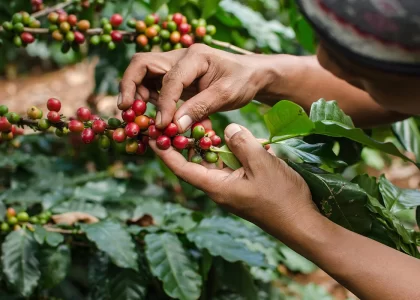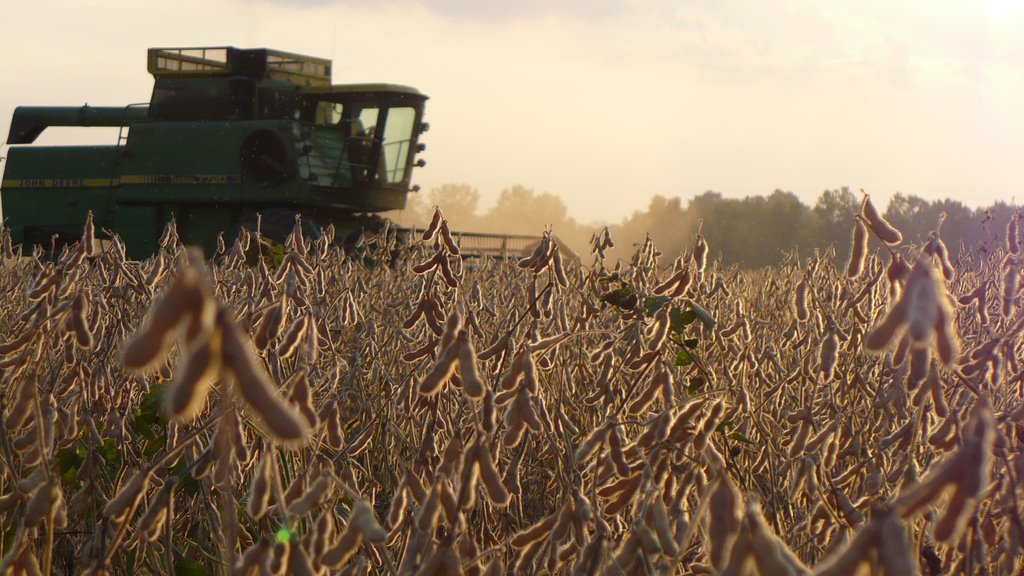It’s been more than a year since we’ve discussed the cocoa futures market in any depth. Last February we discussing the seismic changes in the Ivory Coast’s political landscape and the paradigm shift in cocoa farming practices this would facilitate. African politics being what they are, it should come as no surprise that two years later there’s been less hope and change than was originally sold to the country’s people. The result may cost First World cocoa consumers a pretty penny in 2014.
Politically, the situation revolves around the Ivory Coast’s freely elected President, Alassane Ouattara’s handling of war crimes committed during the previous regime’s rule up to and including the 2011 election. Ouattara received nearly unanimous international support during his campaign, which focused on literally, bringing the average Ivorian out of the Stone Age. Outtara’s who was educated here in the U.S. at Drexel and the University of Pennsylvania rose to deputy head of the International Monetary Fund. He parlayed these connections into a platform based on modernizing a country that had been under the dictatorial rule of Laurent Gbagbo for more than a decade.
The current headline dispute is a jurisdiction issue between the International Criminal Courts and Outtara’s desire for domestic prosecution. However, the real source of conflict lies in the fact that supporters of both Gbagbo and Outtara committed war crimes. The International Criminal Court sees war crimes as war crimes regardless of the current regime in power. Outtara has been willing to give up his former adversaries but has not only protected his own from international prosecution, he has promoted some of his closest henchman to positions of power within the current political system thus raising trust issues among the already wary indigenous population.
This leads us to the cocoa futures market itself. Some of Outtara’s plans to rebuild his nation are being implemented. Cocoa prices are more fairly determined than before. Minimum payments are more in line with global market prices and the infrastructure is doing a better job processing and shipping it. Overall, modern agronomy practices along with increased foreign direct investment will push cocoa prices lower over time as the market simply becomes more efficient.
Expectations of lower prices appear to have gotten ahead of the reality of African politics. Commercial traders began selling cocoa futures in earnest late last summer and continued to sell until early this year. Commercial traders set a new net short record of nearly 100,000 contracts in late December and tested that number again in early February as the Ivory Coast geared up for a bountiful mid-harvest (cocoa is harvested twice annually). While the harvest has progressed as expected, the waning hope and change ushered in by Ouattara’s western leadership style is being replaced uncertainty and hoarding of the current harvest.
This sets the stage for a rare and potentially volatile market situation. In spite of record commercial selling, the cocoa market has rallied another 10%. Most importantly, we’re seeing the market consolidate above $2,900 per ton. Commercial traders have been actively re-purchasing their short hedges since the February lows and have now been buyers for six straight weeks. It is a rare occurrence when the commercial traders as a group decide that they’re wrong. Repurchasing their net short position at these heightened levels could cause the cocoa futures market to surge above its recent highs of $3,039 per ton. There’s an old rule in technical analysis that says, “consolidation equals continuation.” This could easily cause cocoa futures to rise above $3,300 per ton before the main harvest between September and October.




